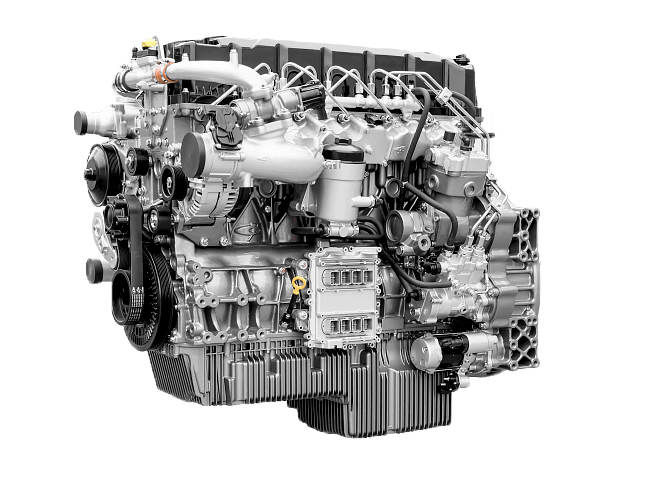EV Charging Power Supply Design

- Prospects for charging stations
Charging stations are “energy stations” for new-energy cars. India’s electric vehicle charging infrastructure market is expected to develop at a CAGR of over 40% from 2019-2025. As electric cars increase, demand for charging stations rises. Electric car innovation and development drive the worldwide charging station market. Increasing global government backing, the drive from world-level organizations to reduce carbon footprint, and global company activities offer a big potential opportunity for the charging station market.
Asia Pacific will be the biggest electric car charging station market geography-wise, according to analysts. The rising demand for electric vehicles and incentives to buy battery-powered automobiles in Asia are driving the market for electric vehicle charging stations. North America and Europe will continue to dominate this market.
- Chargers
DC (direct current) charging stations feature a larger capacity and quicker charging speed than AC charging stations, which are smaller and have two charging speeds.
Electric car charging stations include control circuits, security monitors, and HMIs. A 5V-powered integrated ARM processor controls the circuit. Self-service card swiping allows users to authenticate, check balances, and check invoices. The EV charging equipment may also emit speech for voice interaction. In addition, RS485 or CAN communication modules communicate interaction information.
Users may interact with the machine via the LCD, and 4 charging options are available: flat rate, electric amount, automatic full charge, and distance.
- Charging station power
(1) Because charging stations are used outside, the components must withstand temperatures from -20 to 50 degrees Celsius. Due to the complex environment, the components must fulfill Surge line-to-line 2KV/line-to-ground 4KV, EFT 4kV, and conformal coating requirements (moisture-proof, fungi-proof, dust-proof, and salt-spray proof, etc.)
(2) In the Chinese market, charging stations should give 24V power for bus BMSs and 12V power for vehicle BMSs. Thus 12V or 24V output power supply must be automatically switched. Mornsun offers a charging station power supply, LM150-12M1224.
(3) Abnormal voltage fluctuations in distribution networks might cause the charging station’s input voltage to drift high. Thus the power supply must survive a 300Vac surge for 5 seconds or be compatible with a 300Vac input design.
Mornsun offers to charge station solutions.
Due to government assistance and business investment, the electric car sector has leapfrogged in recent years. In this context, electric car and charging providers prioritize cost-efficient, small, and economical power solutions. In addition, Mornsun, a provider of one-stop power supply solutions, offers a range of products built for charging station applications to fulfill all the standards above and address the newest electric car charging technologies.
The LM150-23Bxx is a 150W enclosed switching power supply with ultra-wide 85-305VAC input and 4000VAC high isolation voltage. This series powers the charging system’s MCU. Mornsun‘s LM150-12M1224 enclosed switching power supply for DC charging stations can withstand 300VAC surge input for 5 seconds, has universal 180-264VAC input, high isolation voltage of 3000VAC, operating temperature range of -30°C to +70°C, and multiple protections such as output short circuit, over-current, and over-voltage protection. This series’ output voltage may be altered between 12V and 24V, which is suited for BMS in buses and autos. This design features a TD501DCANH3 bus.
Conclusion
Mornsun updates its power solutions to assist clients in enhancing charging station cost performance. For example, Mornsun’s isolation converters, enclosed power supplies, and RS485/CAN transceivers increase your charging system’s stability, security, and dependability.




